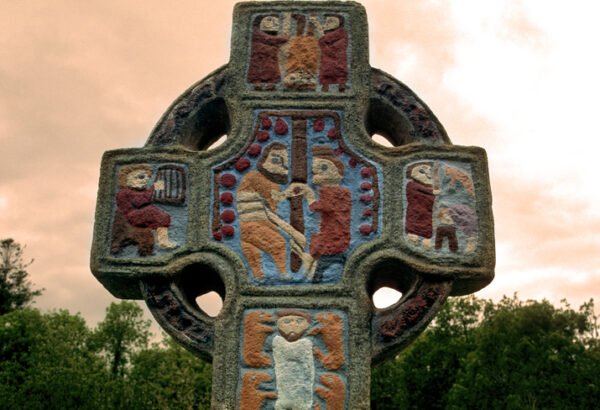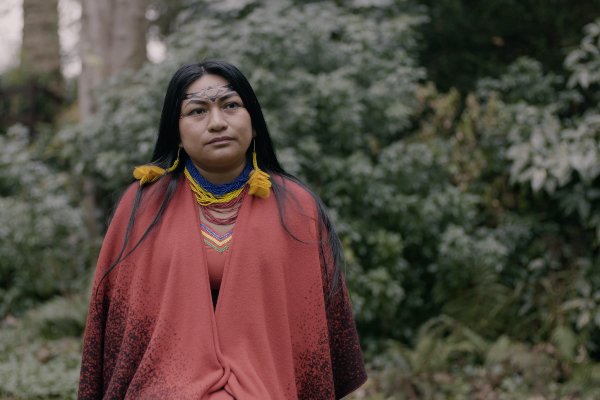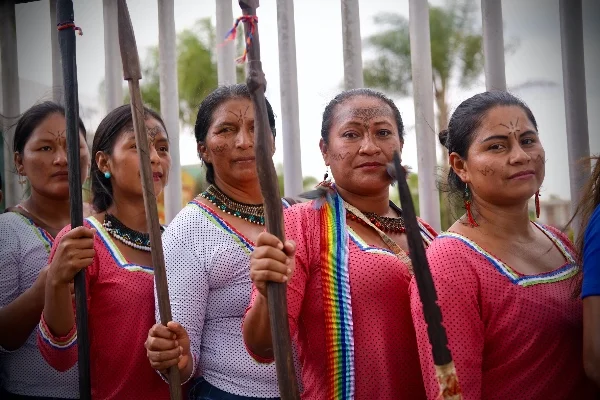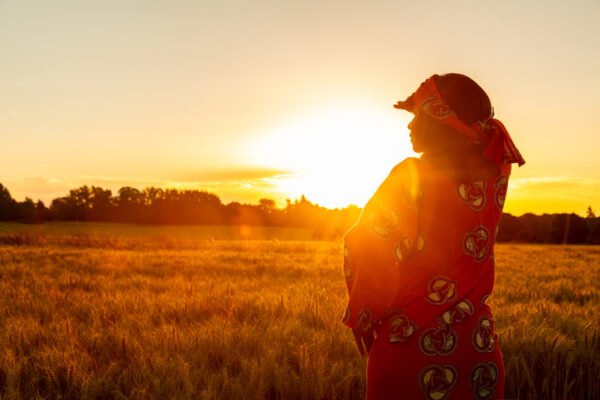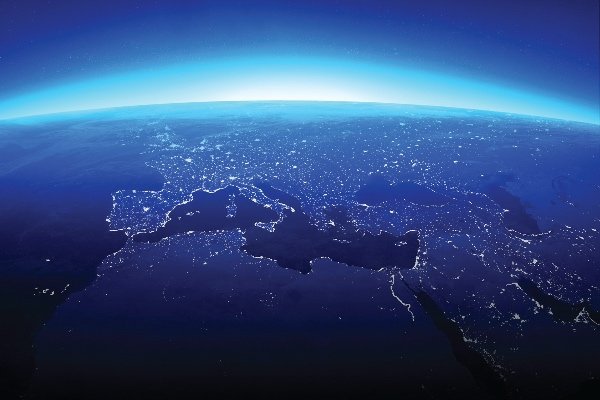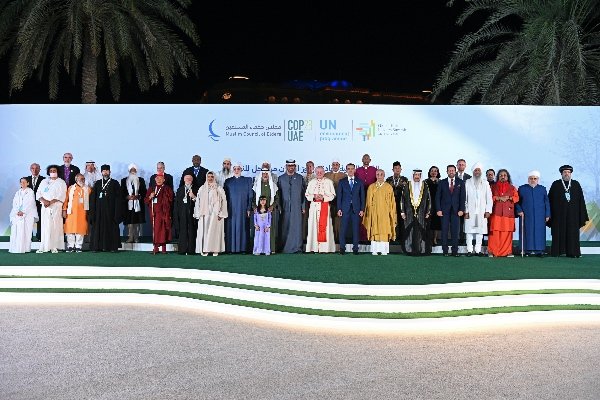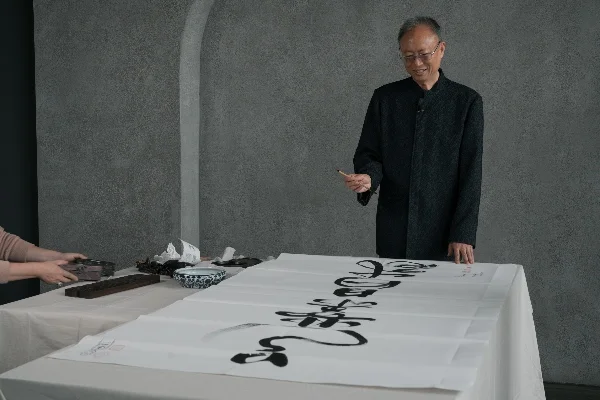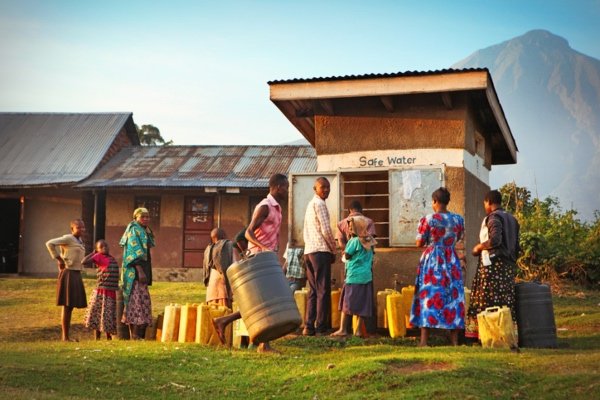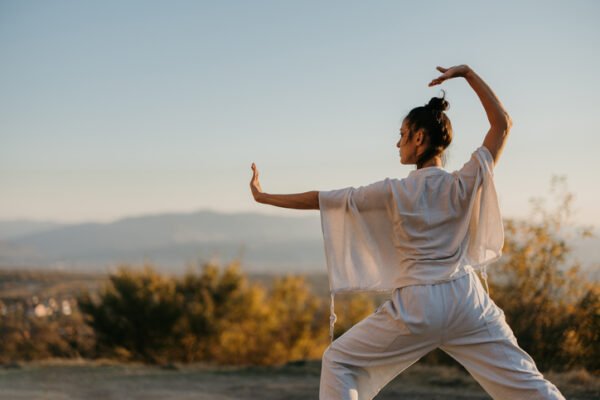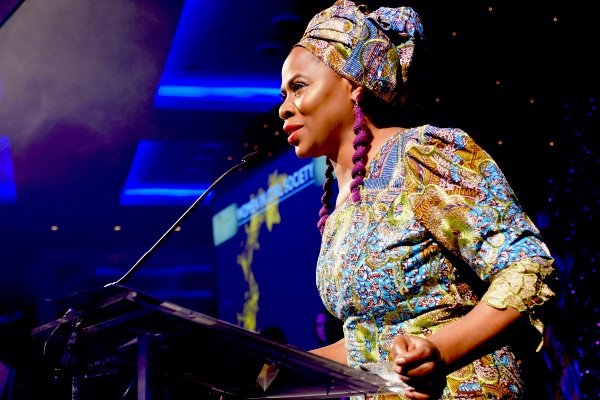A change in thinking
The planet is in a mess. Overconsumption, overuse of finite resources and economic growth at all costs are all, if the science is right, driving us and many other creatures and ecosystems to extinction.
It seems a good time to invoke Albert Einstein’s thinking and accept that we need to stop making decisions from the same thinking that caused the problems.
It stands to reason that if more women were making decisions, the effect on the whole would be huge.
Finding balance
I think of our planet as Mother Earth and the Sun as Father Sun; this seems to be the case for most ancient and Indigenous ways.
It’s clear that without one we can’t have the other. The Sun provides heat and light and the Earth photosynthesises the light to create life, in what seems to be a balanced and easeful relationship.
What perhaps has happened, certainly to our immediate human and conscious understanding, is that we have simply become unbalanced and are now spiralling through a climate crisis.
But what if we unconsciously – or even spiritually – set this up exactly as it was meant to be, so we could evolve consciously through everything we are learning about the system we’ve created and what we can do to change it?
Flipping the script
Everything right now is on the table: we have all the abilities, knowledge and experience today to turn things round, but not the right feminine-principled leadership making the decisions for the whole.
Male decisions and men have created an economy that’s killing us and the planet as we know it, but women are the biggest consumers.
Women are responsible for £31.8 trillion of the world’s spending – 80% of all consumer spending, or 60% of all annual spending. This means women have a huge opportunity to turn the tables and flip the script in our current paradigm.
It’s empowering to know we can actually change things right now if we choose to change the way money is spent.
If spending could be redirected to sustainable products, services and businesses, then the male economic system would simply collapse and give our planet – and us – time to breathe.
We owe it to the future generations, don’t we?
 Play Video about This Rock Might Just Save The World
Play Video about This Rock Might Just Save The World Play Video about Play 2 hours of rock
Play Video about Play 2 hours of rock Play Video about Play 2 hours of brook
Play Video about Play 2 hours of brook Play Video about Play 2 hours of sheep
Play Video about Play 2 hours of sheep


















